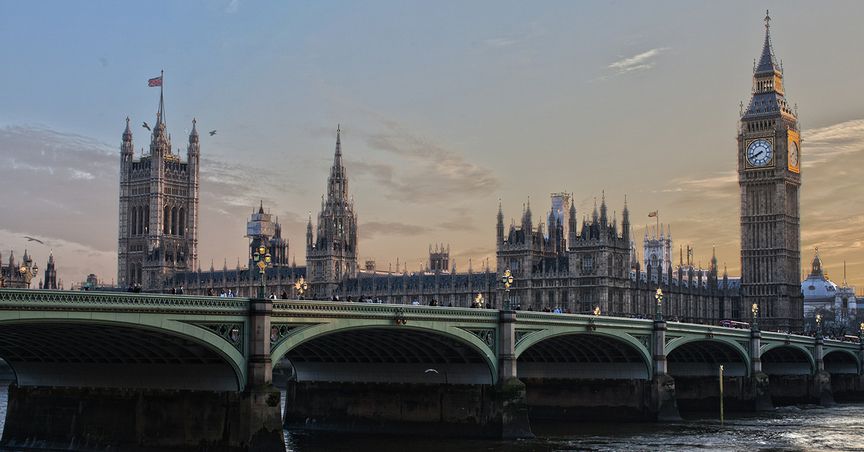Summary
- A task force has been set up to address the concerns of business leaders worried about the trade they could lose post the end of Brexit transition period.
- Since the Brexit pullout, the UK and EU have engaged in a series of bilateral trade negotiations to work out a mutually beneficial deal.
- But the talks seem to have reached a point of collapse with both sides unable to agree on key issues.
The UK government has set up a task force to clear the uncertainty being faced by the industry stressed over business losses they might face post the European Union framework expiry on 31 December.
In January, the UK government started the negotiation process to arrive at a favourable deal with the EU and retain the privileges both sides enjoyed before Brexit. The deal was a part of the Tory Party’s election manifesto. Both sides parted ways on 31 January and were given a deal negotiation time frame until December.
However, the pandemic struck in the meantime and everything went haywire. The UK and many of the EU member nations had to undergo tight restrictions and lockdowns to contain the spread of infection. It drastically impacted the economic activity levels across the continent.
As the year draws to a close, the negotiators are nowhere close to shaking hands. It seems that the UK government felt it was better to pacify the business leaders and address their queries rather than merely focusing all the energy on clinching a deal. The task force will discuss the challenges ahead and provide clarity over rules outside the EU.
Brexit trade deal
Breaking up ties with the EU would bring in trade disruptions after the common economic area regulations cease to apply in Britain from 1 January 2021.
This will cause an immediate loss of business activity for the affected sectors such as food and automobiles, among others. The losses cannot be replenished by any new bilateral trade deal, at least in the short run. This jolt could wipe out much progress achieved since the lockdown was thrown open. As an extreme, it could prove fatal for a few businesses raising job losses and structural damage to the economy.
The UK strategy
Since its breakaway from the EU, its largest trading partner since the past 45 years, Britain has been trying to forge similar alliances with other major trading blocs around the world, to make up for the lost business.
Let us glance through a few of the proposed alliances. The UK has initiated trade talks with the US, its oldest strategic ally and the world’s largest economy. The negotiations have seen a few rounds of talks and could provide Britain with fairly large economic benefits.
Other than that, the country has initiated bilateral negotiations with Australia and New Zealand. Both these regions have a large number of British Expats and are culturally close to the UK.
Both the areas were also the first ones to control the pandemic and can be ready markets for British goods and services.
Many large companies from Australia and New Zealand have raised capital on the London Stock Exchange. They also host large British corporates with strong business operations.
Other than these, the British government has held talks with smaller east Asian countries like Malaysia and Thailand, both large economies commanding a major part of global trade and commerce.
However, the benefit of above proposed alliances will not be available from 1 January 2021, when Britain loses its preferential access to the EU. This would leave the British companies high and dry to cope with the challenging business environment.
Rising business cost
The much higher World Trade Organisation tariffs would be applicable on both sides from 1 January 2021 if no deal is struck.
Besides that, there would be several implied costs that would be borne by both sides. For instance, additional customs, personnel and infrastructure set up would be required. A lot of paperwork would also need to be processed daily. This will inadvertently add to the cost of business. The additional administrative setup will jack up the government’s cost of doing business as well.
Industry experts estimated that the truck haulage sector would need to undertake a mammoth 215 million customs declarations each year after the Brexit transition period expired.
Experts have estimated that the government would have to employ around 50,000 custom agents to deal with the rising paperwork.
This is despite the new regulations that have put the onus of filing declarations on importers and exporters, requiring them to employ their own qualified manpower. They accused the government of being too complacent in their approach to resolving the issue.





